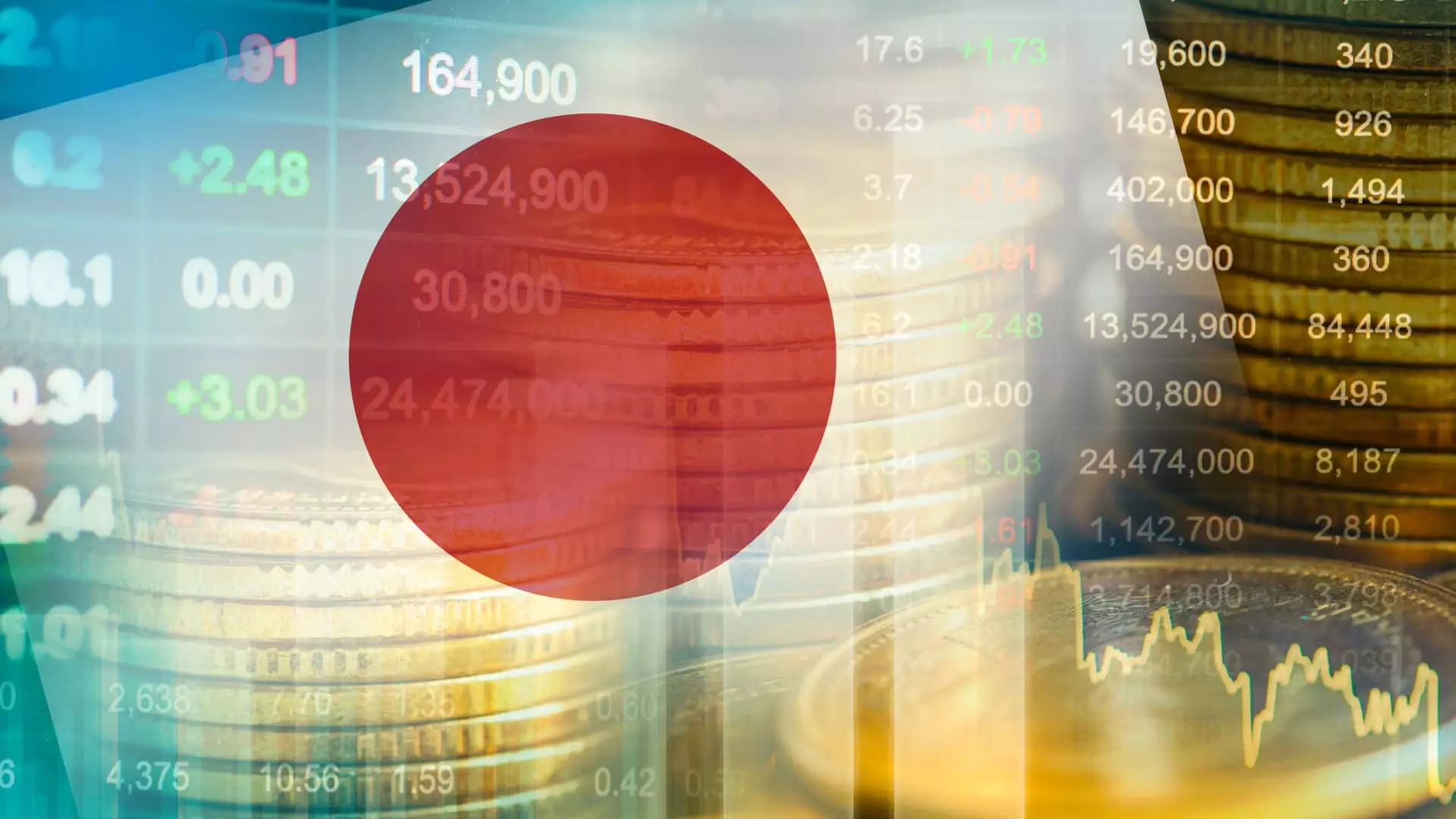The private equity market in Asia Pacific witnessed a significant decline in total deal value last year, dropping to its lowest level since 2014. This decrease can be attributed to various factors such as slowing growth, high interest rates, and volatile public markets. According to Bain & Company’s 2024 Asia-Pacific Private Equity Report, fundraising also hit a 10-year low, painting a rather bleak picture for the industry as a whole.
Despite the overall downturn in the region, Japan emerged as a shining star with a remarkable 183% increase in deal value from the previous year. This surge propelled Japan to the position of the largest private equity market in Asia Pacific for the first time. The country’s appeal lies in its deep pool of target companies ripe for performance improvements and the corporate governance reform pressure on Japan Inc to divest non-core assets.
The Asia-Pacific region witnessed a substantial decline of over 23% in deal value, amounting to $147 billion, compared to the previous year. This figure is also 35% lower than the average value recorded between 2018-2022 and nearly 60% below the peak value of $359 billion in 2021. This downward trend mirrors the global slowdown, indicating challenging times for private equity investments in the region.
Exits also took a hit, plummeting by 26% to $101 billion in 2023 compared to the previous year, with 40% of exits being via initial public offerings (IPOs). Greater China dominated the IPO exit space, accounting for 89% of the value, mostly listing in Shanghai and Shenzhen. Excluding Greater China, the total exit value in Asia Pacific stood at $65 billion, reflecting a subdued exit market landscape.
Adapting to Market Conditions
Despite the uncertain outlook for exits in 2024, successful private equity funds are proactive in paving the way for sales that meet target returns. They are strategically reviewing their portfolios to showcase the potential value of deals to prospective buyers, thereby reducing the burden of aging assets and returning capital to limited partners. Many leading funds are also diversifying into alternative asset classes like infrastructure operations, renewable energy, data centers, and airports to seek out medium to high returns.
Private equity firms are eyeing opportunities in buyouts, which accounted for 48% of total deal value in Asia Pacific last year, surpassing ‘growth deals’ for the first time since 2017. Despite a dwindling pool of investors, private equity continues to offer more attractive returns than public markets over a five, 10, and 20-year horizon. While the timing of a market recovery remains uncertain, signs of improvement toward the end of last year have instilled some hope. Emerging technologies such as generative artificial intelligence are poised to revolutionize the industry and drive growth in the future.
Japan, India, and Southeast Asia are identified as promising markets for private equity investments in the coming year, as per Preqin’s 2023 investor survey. With challenges aplenty, the private equity landscape in Asia Pacific is undergoing a transformation, necessitating adaptability, strategic foresight, and a keen eye for emerging opportunities. As the industry navigates a complex and dynamic environment, success will hinge on the ability to innovate, evolve, and capitalize on changing market trends.

Leave a Reply